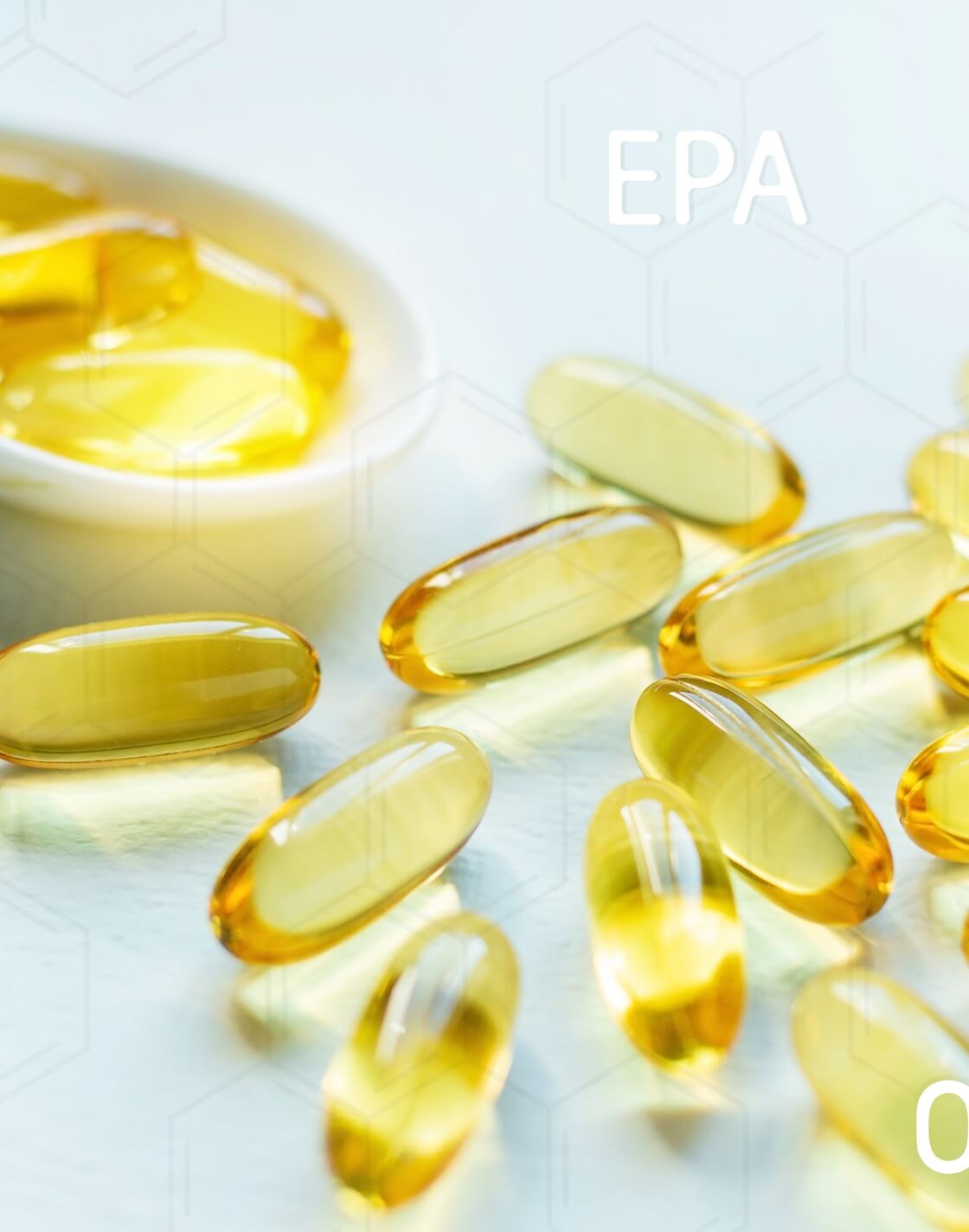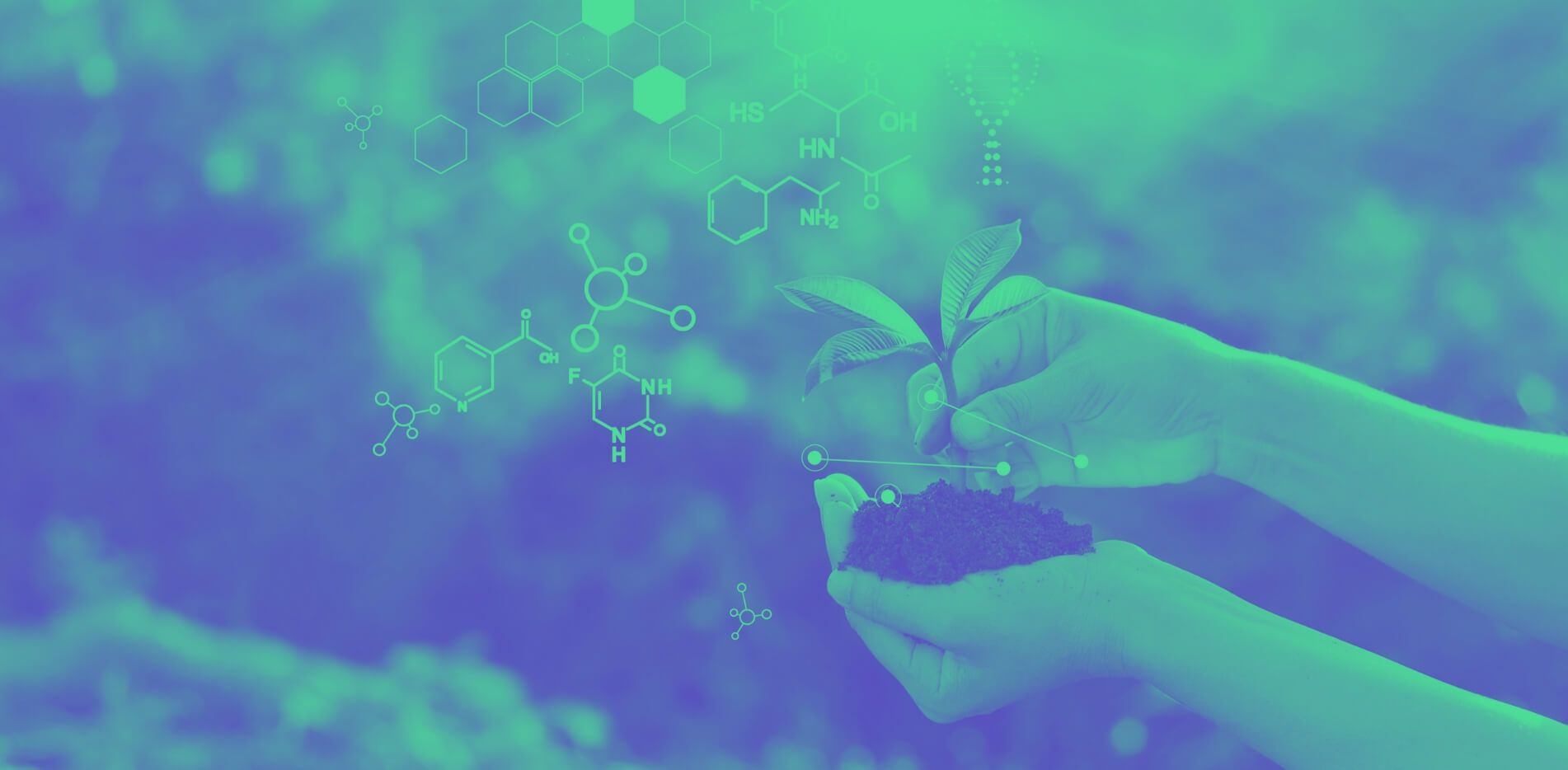Market challenges
- Sustainable and ethical raw materials supply chain
- Authenticity of raw materials
- Purity and absence of contaminants
- Limitation of waste generated by packaging and processes
Changing lifestyles, ageing populations, chronic diseases, inflammatory pathologies, disturbances to immune function, intestinal or visual health are all areas where nutraceuticals and functional foods provide solutions. They improve our health and well-being.
The development of these products has an impact on ecosystems. The example of omega 3, whose health benefits are widely recognized, is evocative. These essential fatty acids are mainly derived from industrial fishing, and even worse from Krill** fishing. These catches disrupt or deplete our ecosystems, and can also be a source of contaminants, notably heavy metals from human activities.
Microalgae are rich in numerous metabolites beneficial to human health: they are a source of pigments with powerful antioxidant properties, are the primary producers of omega 3 (EPA and DHA*) in the oceanic food chain, and are a source of proteins, essential amino acids, vitamins and minerals.
The industrial, standardized production of microalgal biomass is a response to the need for authentic, renewable raw materials.
*: EPA: EicosaPentaenoic Acid; DHA: DocosaHexaenoic Acid
** : Krill are a family of small crustaceans that feed on phytoplankton (microalgae!). They are found throughout the oceans. Rich in omega-3 and carotenoid pigments, krill oil has undeniable health benefits. Its fishing is decried, notably because whales feed on it, and their survival depends on it. But above all, krill is near the bottom of the food chain, just before microalgae.








